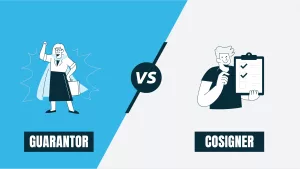This is a fundamental question to ask, especially if you are paying a premium for a brand-name real estate attorney. You work with the best real estate lawyer in New York City, but it won’t matter if their assistant is in charge.
Confirm in writing whether your attorney will personally handle your file and attend your closing. If they plan to pass you off to a paralegal, secretary, or associate, you need to be aware of this before you commit.
Remember, if a paralegal represents you at closing, you will likely be at a disadvantage compared to your counterparty, who will likely have their lawyer present. Your counterparty’s lawyer will be significantly more experienced and senior than a paralegal, which could result in losing on various points of contention. Don’t let that happen to you!
 and divorce litigation, in addition to residential real estate, you may have a problem.
and divorce litigation, in addition to residential real estate, you may have a problem.

